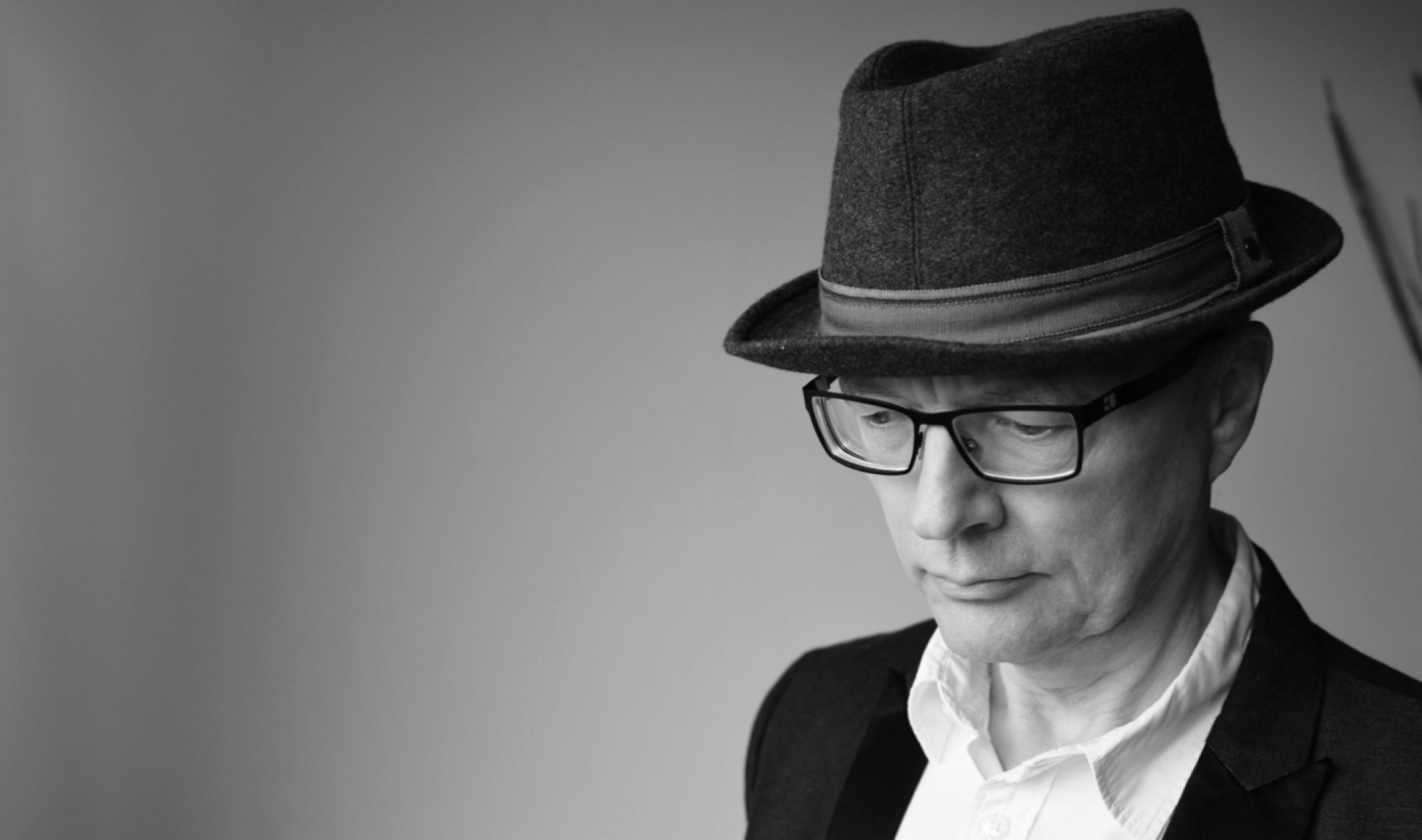The lack of blogging this year is not due to a lack of thought – perhaps too much! My personal Bildungsroman (autobiographical journey) has included leaving England to live in Prague – mirroring, perhaps, changing spiritual and intellectual perspectives too. (I hope so – only dead things never change.) I’ve also felt that this blog was a bit weighed down by some over-weighty discussion and I couldn’t work up the energy to re-start. But here we go.
Over the last few months I’ve been researching Romantic and Victorian attitudes to childhood, particularly as George MacDonald (the focus of my research) said that God was essentially childlike. Most useful has been Sally Shuttleworth’s book The Mind of the Child but I’ve also been reading Judith Plotz, Ann Weirda Rowland, and others, and trawling through Victorian texts. A picture of nineteenth century England emerges where the figure of the child is central to many social and religious narratives: most so in discussions about human nature, for the child is the adult in the making, carrying the potential (or the curse) of the race. Here I just want to focus on one issue – blind spots.
As the nineteenth century progressed, and particularly post Darwin’s publication of Origin, extraordinary claims were made by both religious people and the growing evolutionist/secularist camp. What is striking (with the benefit of hindsight) is the ludicrousness of the claims on both sides, with (apparently) little thought as to the context or the wider implications of what was being said. One thinks, for example, of Adolf Kussmaul’s unlikely declaration that infants are born deaf, or Dr. Louis Robinson’s experiments which consisted of suspending newborns from branches as evidence of simian ancestry (one three-week-old managing to hang on for 2 minutes and 35 seconds), or of George John Romanes’s claim that seven-week-old infants have the intelligence of a mollusc. It was even suggested that ‘rock a bye baby in the treetops’ offered evidence of our ‘arboreal ancestry’. On the Christian side, one wonders at the naivety (with, as I said, the luxury of hindsight) which led to Philip Gosse’s declaration that fossil evidence was placed in creation by God to give the appearance of age without, it appears, being at all troubled (as was Kingsley) by the questionable morality of such an act, but furthermore – as a consequence of his beliefs – keeping the young Edmund sequestered, forbidding any contact with other children for fear of contamination. There was, it appears, a stronger belief, among Evangelicals at least, in the devil’s power to corrupt than in God’s power to redeem.
It was quite hard to find a moderate voice in this very polarised and acrimonious debate. One of those, however, was physician Charles West, founder of Great Ormond Street Hospital for Children in London. He recounts having to attend the deathbed of numerous children who had been over-evangelised or over-catachised by well-meaning parents and friends and, as a result, were convinced they were going to hell. These, he writes, were ‘some of the most painful death-beds which I have ever witnessed’: ‘the dark grave is realised, or, at least, imagined more vividly than its conqueror; and the little child, driven to look within for the evil which it does not know, and cannot find, but vaguely dreads, and would be sorry for if it knew it…’ West, who late in life became a devout Catholic, campaigned for more compassionate and effective treatment for children, and – in his 1871 lecture to the Royal College of Physicians – dismissed such Evangelical zeal as entirely misguided, also criticising evolutionists for their equally misguided evangelism.
This simply made me wonder what blind spots we have in this twenty-first century? I’d be interested in your comments.
Shuttleworth, Sally. The Mind of the Child: Child Development in Literature, Science, and Medicine, 1840-1900. Oxford: OUP, Oxford Scholarship Online, 2011.
West, Charles. On Some of the Disorders of the Nervous System in Childhood Being the Lumleian Lectures Delivered at the Royal College of Physicians of London in March 1871. London: Longman, Green and Co,, 1871.
